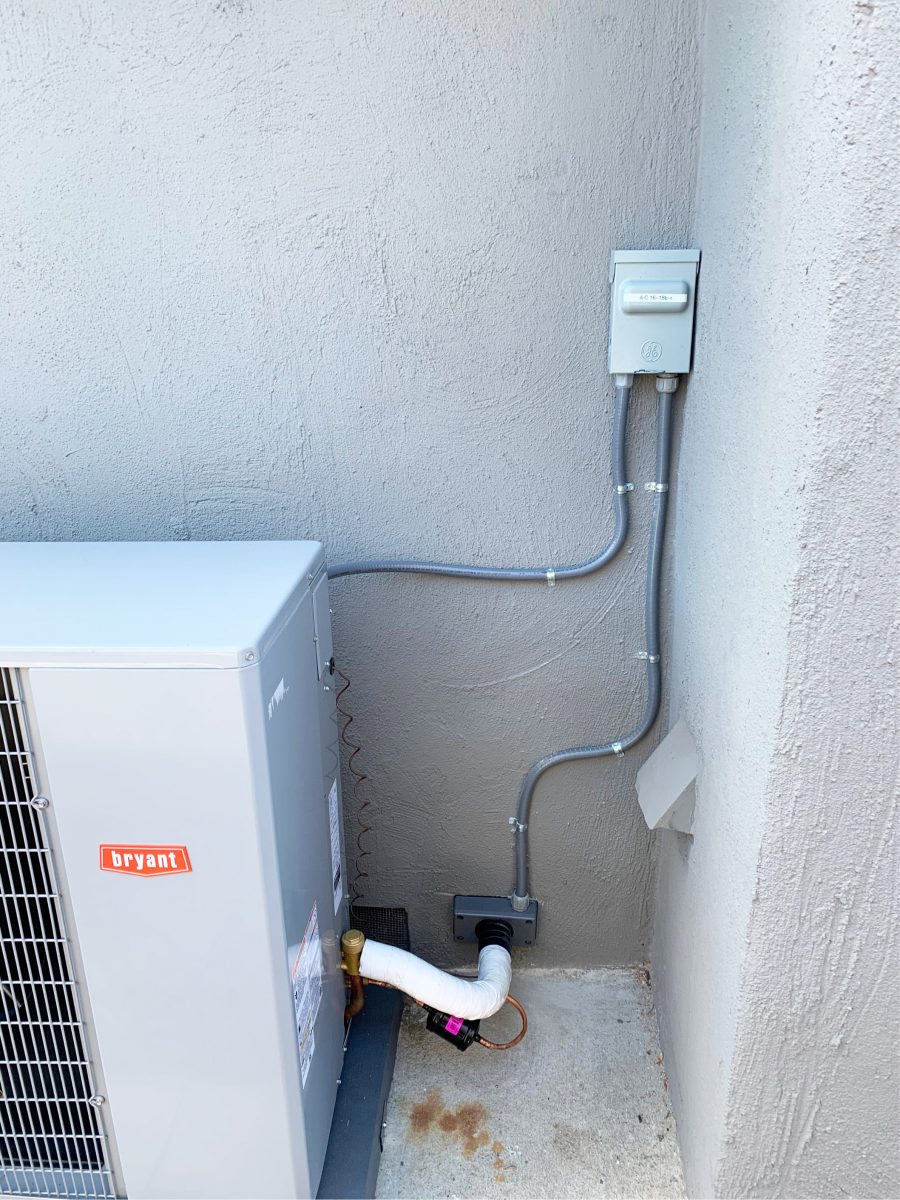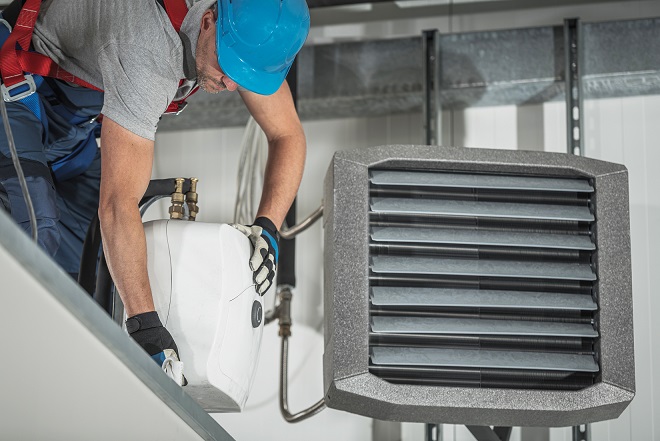
What are the requirements to become an Electrician's Assistant? You'll learn the qualifications and the job description as well as the outlook on employment. You can make a career decision if you're just graduating high school or looking for a new job. Learn more. Below are the top benefits of becoming an Electrician’s Helper.
Qualifications
An electrician assister is responsible in taking instruction from a master, or journeyman electrician, as well as completing electrical projects. They need to have a high school diploma, GED or equivalent and pass the CAST qualification exam. Apprentices also need a commercial driver's license with an endorsement for hazardous materials and a tanker license. Apprentices may also need to complete a physical for DOT certification. Apprentices receive a salary while they learn the skills that are required for the job.
Candidates who have completed the Electrical Helper certification program will be able learn the basics required for entry-level positions in the electric industry. They will be able understand the basics of electrical theory, how to apply safe practices, and how to read blueprints. They will also learn how electrical test equipment works and reference the National Electrical Code Book. They will be capable of safely working on different types of electric systems, including residential, commercial, and industrial. They will also be capable of basic electrical repairs and installing electrical systems.

Job description
As a part of an electrical team, an electrician's helper will perform a variety of duties, such as installing power and running wiring for equipment. They will hold tools and materials, clean the work site, and position equipment as needed. They may also use handtools to measure wires, attach them to terminals, and solder them. Conduit helpers might also be responsible to build support brackets or thread the ends of wires.
The job description for an electricians helper is extensive and varies widely, but generally includes working with a variety of electrical equipment, including circuit breakers and wiring. As the work can be very technical, helpers need to be knowledgeable about electrical terminology and safety protocols. They should be capable of inspecting electrical tools and equipment before use, and should be able request supplies when necessary. As helpers are usually responsible for the safety of electrical operations, they must have a good understanding of the industry and be able to manage their time well.
Salary
An electrician's helper is a low-skilled worker who assists an electrician with basic electrical systems installation and repair. They work under the supervision of a senior electrician or a licensed electrician. They have the responsibility of holding tools, testing electric systems, and installing circuit breakers and lighting fixtures. They are typically supervised and require protective equipment. A high school diploma is usually required for an electrician helper position.
There are many factors that can affect the salary of an Electrician Helper. Salary data are anonymously collected from individuals. It is based a number of factors. The average salary is determined by factors such as location, education, experience, and other factors. Electrician Helper Salary information is limited and subject to change without notice. The following information will help to explain how much an Electrician Aider can make.

Future employment outlook
According to the Bureau of Labor Statistics the growth in employment of electricians helpser is 10.5%, faster than the national median. According to BLS data there will be around 11,500 job opportunities each year for this occupation. Arizona, Colorado, Utah, and New Hampshire have the highest expected growth rates. North Dakota is predicted to suffer the most. The average annual salary for electricians' helpers is $43,119.
FAQ
Can I cancel my contract at anytime?
Yes, but you must do it within 14 days after signing the contract. You can usually terminate your contract by giving written notice up to 7 working days before the end date specified in your contract. But, you could still owe the contractor money if you give too little notice.
What happens to one party if they don't want the other side?
If you fail your end of the bargain, the law permits the other side to treat your promise as void and sue for damages. Damages include the amount due plus interest, court cost, and legal fees.
When do I have to pay for the service/contractor?
The service you are receiving will dictate the payment schedule. A contractor might hire to install a roof. You would usually pay when the work is complete. A supplier might require you to test and receive the item before you pay.
What is the purpose of the service agreement?
The purpose of a Service Agreement is to define the terms under which a customer agrees to purchase goods from you. The Service Agreement also outlines how you will pay them for those services.
The most commonly used form of this document, is the Sales Order Form. This section lists the products being purchased by the customer as well as their price. The order will also include any additional items, such as delivery costs, VAT, insurance, and so forth. You also specify the delivery and payment dates.
You can use a different document depending upon the transaction's nature.
Invoices may be used instead if you're providing a service, rather than selling products.
You would probably use a Purchase Order Form if you buy something from someone else.
It is important to include all required information when drafting a sale order form.
Keep in mind that the more detailed your sales order forms are, the easier it will for buyers to understand.
Statistics
- (1) Ascertain the extent to that offers are based on the payment of overtime and shift premiums; and (2) Negotiate contract prices or estimated costs without these premiums or obtain the requirement from other sources. (acquisition.gov)
- While we offer all our high-quality services at competitive prices, we know that many who need our services are on fixed incomes, so we offer a 10 percent discount for seniors and military members. (homeservicecontractorsinc.com)
- Reasonable late fees go up to 25% per year on unpaid sums. (lawdepot.com)
- Don't take their anger personally, they are mad about the situation 99% of the time. (activatemylicense.com)
- (1) Except as provided in paragraphs (a)(4) and (a)(8) of this section, if the estimated amount of the contract or subcontract is $10 million or more, the contracting officer shall request clearance from the appropriate OFCCP regional office before- (acquisition.gov)
External Links
How To
What is the difference between service agreements and contracts?
A service agreement is an offer by which a provider agrees to provide services for a customer. It creates a binding obligation for both the provider and customer. The term "service" refers to a company's products, information, advice, etc., but does not include financial services.
Contracts are legally binding documents that outline the terms and conditions of business relationships. If you buy a product directly from a retailer, you've entered into a contractual agreement. You have the right to make payment for the item in due time. If you accept employment you have entered into an agreement with your employer.
No formal documentation is required for a service agreement. Written service agreements are rarely used in practice. Verbal agreements, however, are common.
However, service agreements have many advantages over contracts:
-
A service agreement can be more flexible than a contract.
-
It allows a service company to change its mind without being penalized.
-
It gives the service more freedom in how it delivers the agreed-upon services.
-
It is a clear record that demonstrates what was said.
-
It is much easier to make a complaint against a service provider.
-
A service agreement is more affordable than a contract.
-
It is less likely that it will lead to litigation.
-
It is more simple to terminate an agreement for service than a contract.
-
It is simpler to modify a Service Agreement than a Conventional Contract.
-
It is possible to use a service agreement for an ongoing relationship.
-
It is possible to share the cost of drafting a service agreement with a third party.
-
If you are drafting a Service Agreement, it is possible for you to include a clause that requires arbitration.
-
It is possible to include provisions concerning confidentiality, nondisclosure, and proprietary rights.
-
It is possible for the contract to be specified in terms of its duration (e.g. 1 year).
-
It is possible to make a service agreement subject to a particular condition precedent.
-
It is possible to say that the service provider is liable only for negligence or gross negligence.
-
It is possible limit liability for consequential damages.
-
It is possible for the service provider and customer to enter into an additional agreement.
-
There are certain circumstances where it is possible for you to give notice of termination.
-
It is possible for the service provider to offer a warranty.